It isn’t a surprise that Big Beer titan Anheuser-Busch InBev (AB InBev) has come up with a marketing campaign—video spot, anyway—that pokes fun at the craft beer segment:
Very well done, not surprisingly, by one of the world’s truly great agencies. But here’s the thing—AB InBev has a very active craft beer strategy too, as previously covered here (see CRAFT & AUTHENTICITY).
AB InBev’s Craft Beer Portfolio
Here’s the list of currently-owned brands you won’t find on the corporate website:
- Goose Island (the first, AB InBev is now opening brewpubs under this brand)
- Blue Point
- 10 Barrel
- Loser (whose slogan is “Corporate Beer Still Sucks.”)
- Golden Road
- Four Peaks
- Breckenridge
- Devil’s Backbone
- Karbach
- Wicked Weed (the most recent)
I get that all is fair in love and war and now, business. Better add politics to the list while we’re at it. In business school, they would call what Big Beer is doing ‘smart segmentation strategy’. But in the Craft Beer context, it means that they aren’t innovating at all, they’re just acquiring when they see something they want, because they can. Suggesting that Bud Light is made the same way craft is—four simple ingredients, etc—is disingenuous at best. Clearly, Big Beer thinks you can just buy authenticity, or maybe, that it doesn’t really matter.
AB InBev is unique amongst Big Beer with this new Bud Light campaign by suggesting that a critical part of their growth strategy is silly. No matter that they quietly own craft brands with SKUs just like those in the spot. I suppose that means they think Bud Light drinkers aren’t that… well-informed.
If AB InBev’s new Bud Light campaign, and the thinking behind it, doesn’t make you feel a bit like the drinking vessel at the top of this post, you should probably NOT watch the John Oliver-produced bit next:
The bit below is here for a purpose beyond entertainment:
Big Beer has a big advantage and they will use it. What’s a craft brand to do? Keep making better beer.
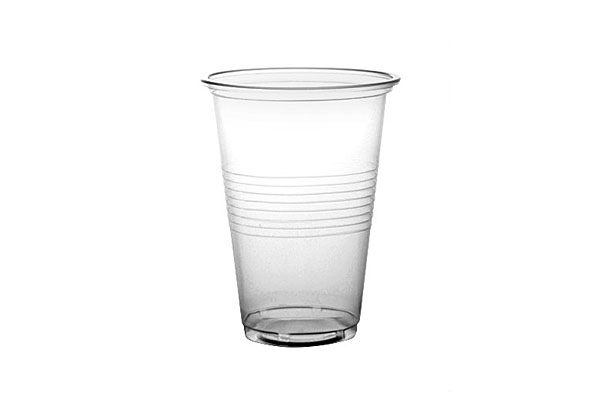
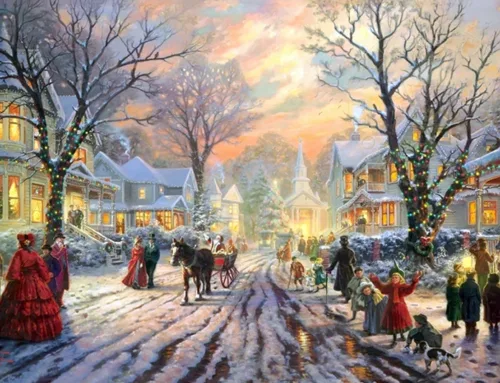
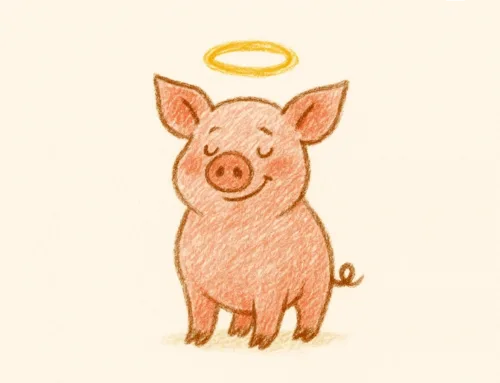

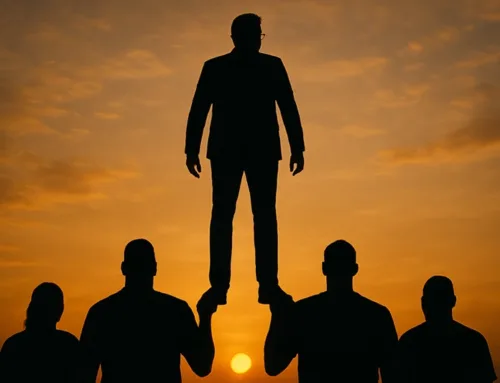
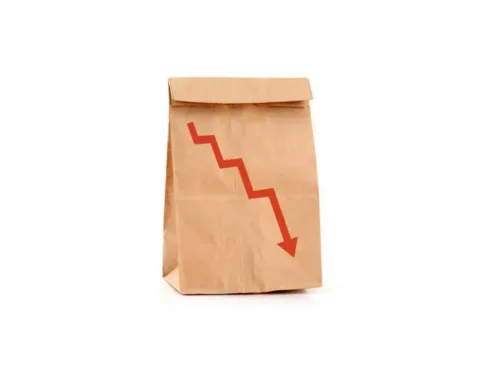
In a recent UK study, 98% of drinkers surveyed do not believe global beer companies can make craft beer, and that they should not be allowed to use the craft term to describe their products. The implication is that many UK consumers don’t know who makes their craft beer.
More details here: https://www.theguardian.com/business/2019/mar/11/its-in-the-eye-of-the-beholder-drinks-giants-defend-craft-beer-branding